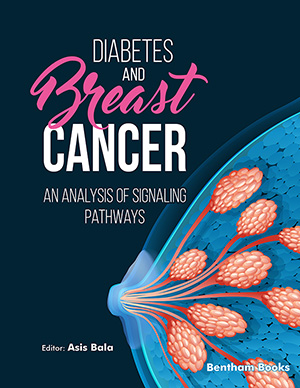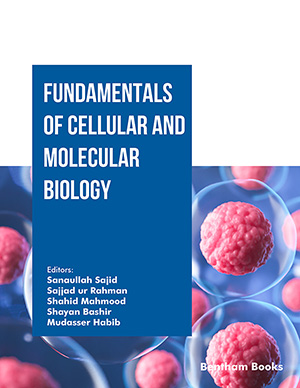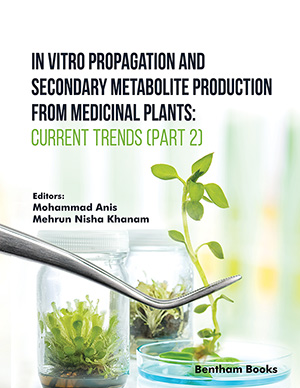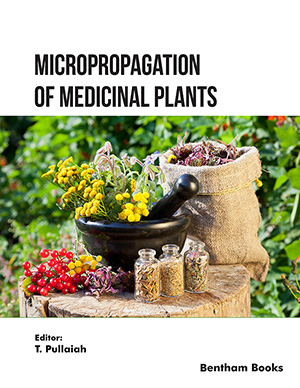Abstract
Background: Hepatocellular carcinoma is a primary liver cancer and 6th most common cancer globally. Inefficient diagnostic strategies and the limited availability of treatments are the foremost reasons. Variable factors directly impact the disease burden, among them, molecular alterations have been found to play a significant role. In liver, argininosuccinate synthase-1 is a center of arginine metabolism and rate limiting enzyme of urea cycle. It also triggers multiple mechanisms that lead to HCC pathogenesis.
Objectives: The aim of this study is to analyze the ASS1 gene expression, its polymorphic genotype and microsatellite instability among HCC patients from our Pakistani population.
Method: Blood samples were collected from disease and healthy control individuals. Allele-Specific PCR was performed for SNP analysis. MSI of tri and tetra nucleotide repeats were analyzed by PCR. The differential expression of ASS1 gene was also investigated. Furthermore, the reactome database and STRING software were utilized for finding correlations between ASS1 gene with other associated gene/proteins.
Results: The GG wild-type genotype was more prevailed in the disease group as compared to the control. Significant downregulation in ASS1 and NOS2 genes was observed. Bioinformatics analysis reveals the correlation between ASS1 polymorphism and HCC development appears to be linked with the EMT pathway and polyamine production. Furthermore, MSI significantly resided in the disease group. Results were analyzed statistically to calculate the significance of obtained results.
Conclusion: Study concludes that the insight of HCC mechanism through population-specific genetic mutations and altered gene expression of ASS1 might be helpful in early diagnostic and therapeutic purposes.
Keywords: Hepatocellular carcinoma, SNP, MSI, ASS1, arginine, polyamine, nitric oxide.
[http://dx.doi.org/10.1038/s41572-020-00240-3] [PMID: 33479224]
[http://dx.doi.org/10.3892/ijo.2015.3221] [PMID: 26530164]
[http://dx.doi.org/10.1155/2015/696120] [PMID: 25642245]
[http://dx.doi.org/10.1200/JCO.2017.76.1155] [PMID: 29112463]
[http://dx.doi.org/10.1186/s12929-017-0327-y]
[http://dx.doi.org/10.1080/15376516.2021.2021339] [PMID: 34930097]
[http://dx.doi.org/10.1093/mutage/17.4.265] [PMID: 12110620]
[http://dx.doi.org/10.3748/wjg.v23.i36.6674] [PMID: 29085212]
[http://dx.doi.org/10.1007/s10620-021-07365-9] [PMID: 35048224]
[http://dx.doi.org/10.1016/j.canlet.2016.11.028] [PMID: 27913198]
[http://dx.doi.org/10.1093/jn/134.10.2748S] [PMID: 15465779]
[http://dx.doi.org/10.3892/mmr.2012.1096] [PMID: 23007408]
[http://dx.doi.org/10.1186/s40170-021-00271-8] [PMID: 34861885]
[http://dx.doi.org/10.1158/0008-5472.CAN-18-1062] [PMID: 30573518]
[http://dx.doi.org/10.1007/s13402-022-00706-4] [PMID: 36036882]
[http://dx.doi.org/10.1177/1758835919869120] [PMID: 31523283]
[http://dx.doi.org/10.1155/2016/5942306] [PMID: 26955390]
[http://dx.doi.org/10.1002/aid2.13222]
[http://dx.doi.org/10.1016/j.trecan.2016.09.004] [PMID: 28439564]
[http://dx.doi.org/10.3390/ijms18071544] [PMID: 28714931]
[http://dx.doi.org/10.18502/pbr.v4i2.218]
[http://dx.doi.org/10.1038/s12276-020-0375-3] [PMID: 31980738]
[http://dx.doi.org/10.7717/peerj.14115] [PMID: 36221263]
[http://dx.doi.org/10.3389/fcell.2020.603837] [PMID: 33511116]
[http://dx.doi.org/10.1158/0008-5472.CAN-08-3157] [PMID: 19147587]
[http://dx.doi.org/10.1158/1078-0432.CCR-19-1905] [PMID: 32409304]
[http://dx.doi.org/10.1016/j.cllc.2020.07.012] [PMID: 32859536]
[http://dx.doi.org/10.1097/MD.0000000000028837] [PMID: 35147128]
[http://dx.doi.org/10.3389/fpubh.2021.683719] [PMID: 34249849]
[http://dx.doi.org/10.1002/hep.29913] [PMID: 29624699]
[http://dx.doi.org/10.2147/OTT.S273823] [PMID: 33603407]
[http://dx.doi.org/10.1093/carcin/bgy033] [PMID: 29617730]
[http://dx.doi.org/10.1158/1078-0432.CCR-06-1101] [PMID: 17145837]
[http://dx.doi.org/10.1074/jbc.RA120.013401] [PMID: 32245889]
[http://dx.doi.org/10.3389/fonc.2021.583714] [PMID: 33777736]
[http://dx.doi.org/10.4251/wjgo.v2.i6.259] [PMID: 21160638]
[http://dx.doi.org/10.1126/science.aab0015] [PMID: 25977370]
[http://dx.doi.org/10.1186/1756-9966-32-39] [PMID: 23759077]
[http://dx.doi.org/10.1002/ijc.25202] [PMID: 20104527]
[http://dx.doi.org/10.1038/bjc.2012.106] [PMID: 22472884]
[http://dx.doi.org/10.1097/00001813-200410000-00002] [PMID: 15457122]
[http://dx.doi.org/10.3390/nu12092665] [PMID: 32882842]
[http://dx.doi.org/10.1007/978-1-61779-034-8_1] [PMID: 21318864]
[http://dx.doi.org/10.1073/pnas.0803231105] [PMID: 18480268]
[http://dx.doi.org/10.1016/j.molcel.2021.08.005] [PMID: 34469752]
[http://dx.doi.org/10.1038/nature15529] [PMID: 26560030]
[http://dx.doi.org/10.1093/abbs/gmz005] [PMID: 30883650]
[http://dx.doi.org/10.1038/s41467-019-13950-4] [PMID: 31911608]
[http://dx.doi.org/10.3390/cancers11122023] [PMID: 31847435]
[http://dx.doi.org/10.1126/science.aan6733] [PMID: 28596308]































